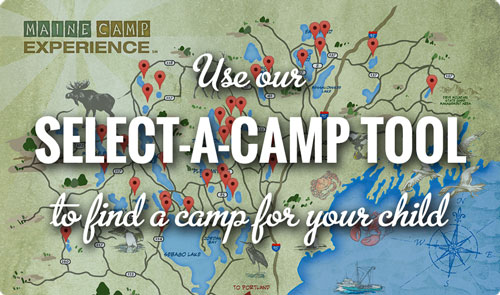
Oh the places they’ll go as Maine campers!! Incredible trips are a huge part of experiencing camp in Maine. There’s so much natural beauty to explore in the “Pine Tree” state and throughout New England. Trips from Maine Camps provide unparalleled opportunities to see beautiful places and explore with camp friends. These trips are meaningful, memorable, and fun. They also challenge campers to go beyond their daily activities and experiences with trips that challenge them.
Trips for younger campers often begin as day trips like going lobster boat fishing, visiting Boothbay Harbor, blueberry and strawberry picking, taking scenic hikes, enjoying a beach day, and going to a Portland Sea Dogs baseball game and Funtown Splashtown. The youngest campers also often take a local overnight and many Maine Camps have outposts on the camps’ private islands or a remote part of camp that is still on campgrounds. These give campers the opportunity to smell the pine in the air as they pitch tents, make campfires, tell stories, see the stars, and of course – enjoy S’mores!
As campers get older, they progress to longer and more active trips. They hike, raft, kayak, canoe, and more in places such as the Kennebec River, Acadia National Park, and Mount Katahdin. Getting to see sunrise at Cadillac Mountain is something campers will hold in their hearts as a favorite experience for the rest of their lives.
Trips like these are unforgettable and we’re so lucky to have these incredible environs for our campers to enjoy!
Maine Camp Experience Resources & Tools
Looking for the perfect Maine camp for your child? Try out our helpful tool where you can select a camp by choosing: type of camp (girls, boys or coed) and session length (1-8 weeks). It helps to narrow down a few camps to a manageable list that includes rates. Then you can research these camps in more depth.
Next, be sure to contact our Maine Camp Guide, Laurie to discuss these camps as well as for free, year-round advice and assistance on choosing a great Maine summer camp for your child.
























